How Star Trek Discovery Connects To The Animated Series In A Surprisingly Heartfelt Way
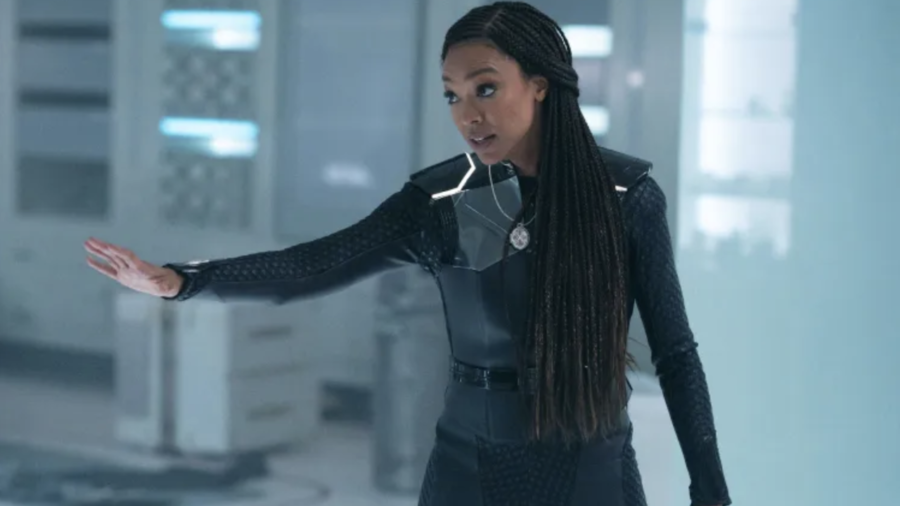
There weren’t very many explicit connections between Star Trek: Discovery and The Animated Series. However, one early episode connects Burnham to Spock’s childhood as portrayed in that classic cartoon. The two Star Trek series were connected by a heartfelt reference to Alice In Wonderland, one that deepened Burnham’s character while quietly cementing that The Animated Series was part of the franchise canon.
Context Is For Kings

In the Star Trek: Discovery episode “Context Is For Kings,” Burnham reveals that her adoptive mother Amanda Grayson read Alice In Wonderland to both her and Spock when they were growing up.
The older woman wanted to gently show both children that the world would not always be perfectly logical. That information came in handy for Burnham as she quoted passages from the book, centering herself as she runs from a rampaging tardigrade.
Alice In Wonderland
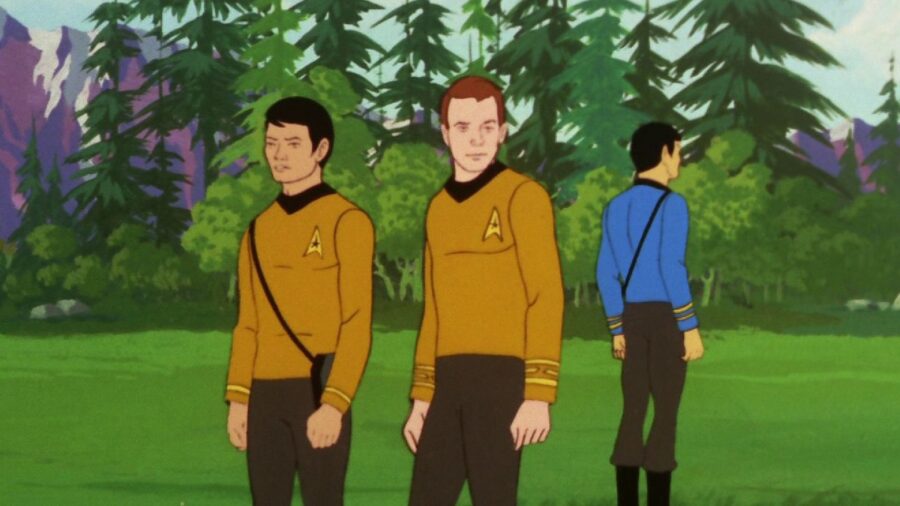
How, though, does this Star Trek: Discovery episode referencing Alice In Wonderland connect the newer show to The Animated Series? In the TAS episode “Once Upon a Planet,” Captain Kirk and crew return to the Amusement Park planet last seen in The Original Series episode “Shore Leave.”
Their adventure is filled with references to Alice In Wonderland, and when Kirk is surprised at Spock’s reference to the sequel book Through the Looking Glass, the Vulcan mentions “My mother was particularly fond of Lewis Carroll’s work.”
Mushrooms
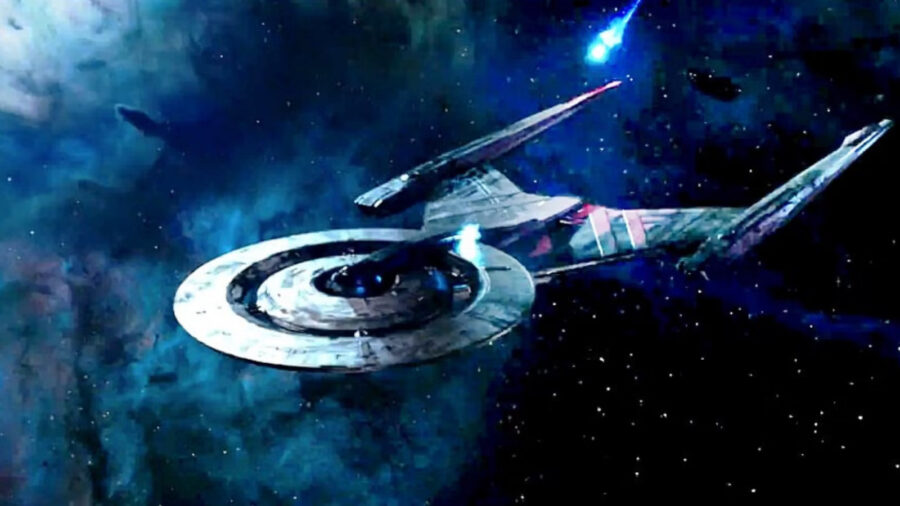
That was all the taciturn Vulcan had to say on the matter, but Star Trek: Discovery later elaborated that Amanda Grayson read Alice In Wonderland to Spock and Burnham. For longtime fans, this was a great way to connect Burnham to both the franchise’s most beloved character and its most overlooked show.
As an added bonus, the plot of that book heavily involved mushrooms, so the producers of Discovery thought it was only appropriate that it made a prominent appearance in a show about a shroom-powered starship.
The Animated Series
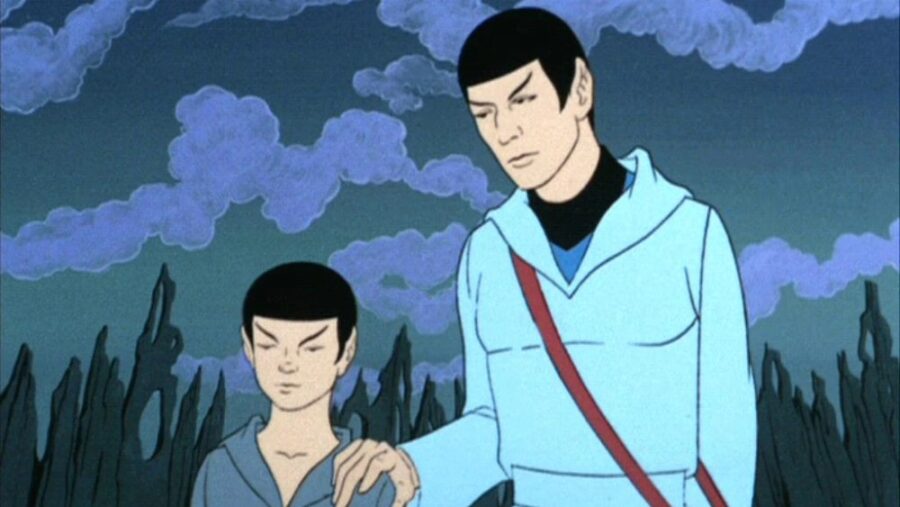
Speaking of longtime Star Trek fans, part of what made this Alice In Wonderland reference so special was that it reconfirmed that The Animated Series was canon. Franchise creator Gene Roddenberry seriously hated that cartoon and wanted it struck from the official canon.
That’s why after he died, the second edition of the Star Trek Encyclopedia clarified that none of the entries reference The Animated Series because Paramount considered those adventures unofficial.
Discovery Got Lots Of Miles Out Of Alice In Wonderland
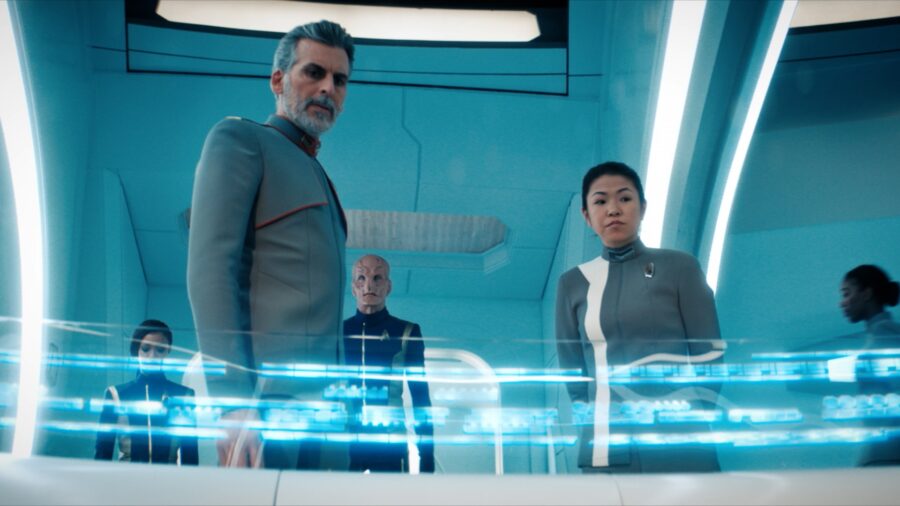
The studio quietly reversed course on that decision in 2010 when information about Star Trek: The Animated Series was quietly added to the official website’s list of canon shows. This was inevitable, as franchise writers kept including references to the cartoon (for example, the 2009 Star Trek reboot referenced the TAS episode “Yesteryear” by showing Spock being bullied for his human heritage).
Star Trek: Discovery opted for a subtle nod to The Animated Series in the form of Alice In Wonderland; Lower Decks, meanwhile, would later reference much sillier things from the older cartoon, including Spock having a giant clone (no, really).
As you can see, Star Trek: Discovery got plenty of space miles out of Alice In Wonderland: the show used this classic text to showcase Michael Burnham’s emotional connection to Spock’s family while also making a callback to a great episode of The Animated Series.
It also made for the kind of literary reference that the franchise’s fans and characters can equally enjoy. The possible exception to that is Worf, who never did answer Q’s question of whether he had eaten any good books lately.











